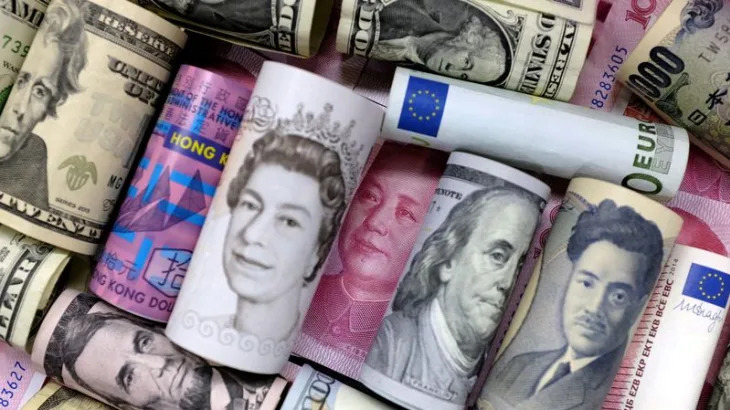With its shares down by a staggering 42% over the last 30 days alone, CrowdStrike (NASDAQ: CRWD) stock is certainly catching the attention of deal-hungry investors. The company is reeling after a recent update led to a global system outage. And now it faces severe reputational damages and lawsuits that could cost billions over the coming years.
Let's explore whether or not the crisis has made CrowdStrike stock undervalued relative to its fundamentals and long-term potential.
What is CrowdStrike?
Founded in 2011, CrowdStrike is a Texas-based cybersecurity company that provides advanced anti-virus protection and cloud-based network security through a software-as-a-service (SaaS) business model where enterprise clients pay recurrent subscription fees for protection.
On July 19, the company released an update to its cloud-based Falcon platform that inadvertently caused a system crash on over 8.5 million Microsoft Windows computers worldwide. Although CrowdStrike fixed the problem within hours, the damage had already been done across industries ranging from healthcare to transportation and finance .
According to The Guardian , insurers estimate the disruption could cost American Fortune 500 companies $5.4 billion. Delta Airlines has been one of the worst affected, claiming the crisis cost it $500 million after a five-day service outage that grounded some of its planes, disrupted labor, and forced it to reschedule thousands of consumer flights. The question remains: How will CrowdStrike pay for all this chaos?
A near-term drain on cash flow
While CrowdStrike probably won't pay for all outage-related damages out of pocket, there will be some impacts on its cash flow. For example, Delta's management has complained about the company's lack of support during the crisis, with CEO Ed Bastian saying, "They [CrowdStrike] haven't offered us anything." His company has hired a legal team to seek damages. A group of shareholders is also suing the company, alleging false and misleading statements about its software testing.
With all that being said , CrowdStrike is a $55 billion company by market capitalization, and a few lawsuits probably won't fundamentally change its long-term thesis. The bigger threat may come from reputational damage.

After such a spectacular system failure, enterprise clients may avoid working with the company-- or switch to rivals like Palo Alto Networks or SentinelOne , which offer similar cybersecurity services. CrowdStrike's economic moat has weakened, and this challenge could eventually play out in its revenue growth and margins.
Is CrowdStrike stock a buy?
In five years, most people will probably forget about the outage. And CrowdStrike will be just another cybersecurity firm in a very fast-growing industry. And business is booming.
First-quarter revenue jumped 33% year over year to $3.65 billion, driven by rising adoption of the company's flagship Falcon cybersecurity platform. And like most SaaS companies, CrowdStrike boasts an impressive gross margin on its subscriptions (78%), which helped it achieve an operating income of $6.9 million.
However, despite its stock price falling by almost half in less than a month, CrowdStrike's valuation is still relatively high. With a forward price-to-earnings (P/E) multiple of 58, shares trade for a huge premium over the Nasdaq estimate of just 28. And this looks hard to justify.
Investors should expect continued downward pressure as the company's valuation falls to a more reasonable level considering its challenges. All in all, its shares look likely to underperform over the next five years.
Before you buy stock in CrowdStrike, consider this:





